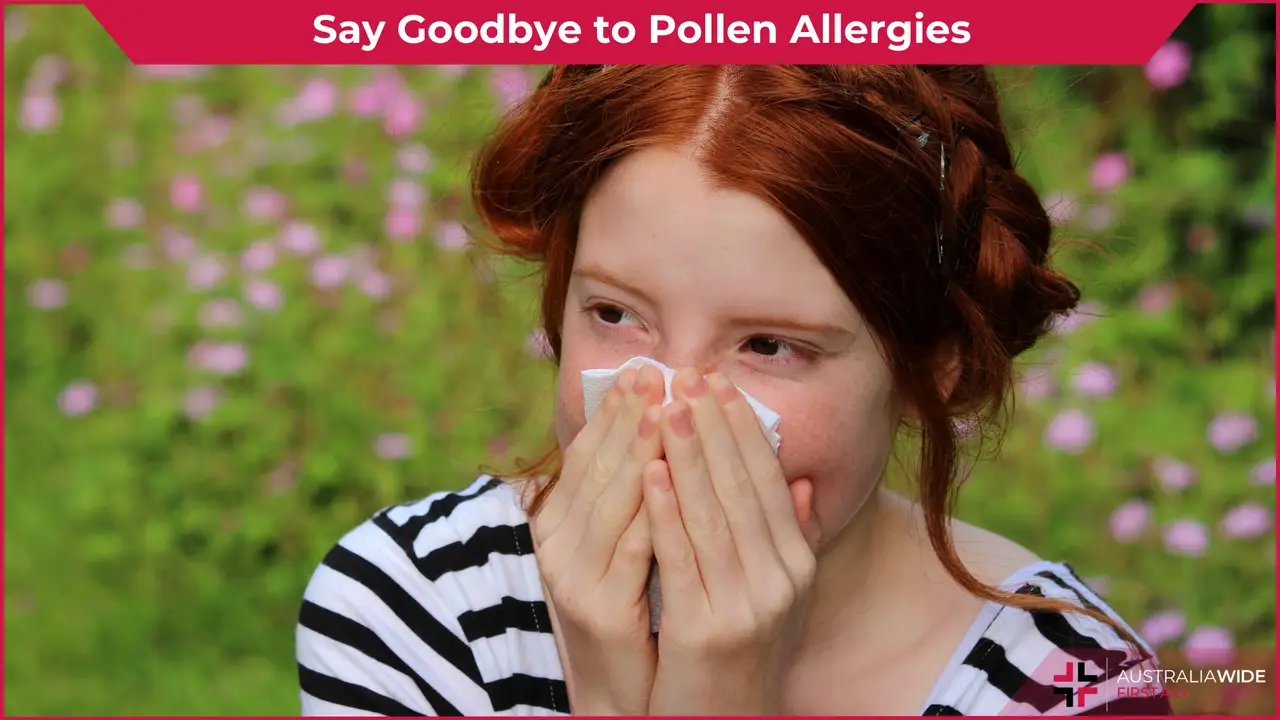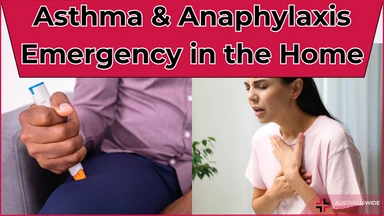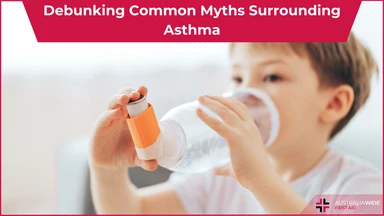Say Goodbye to Pollen Allergies


If you suffer from pollen allergies, you are not alone.
Millions of people in Australia alone suffer from seasonal allergies due to pollen.
From itchy eyes and a runny nose to sneezing and coughing, pollen allergies can make life miserable. But the good news is, there are ways to manage and treat pollen allergies.
In this article, we will take a look at the causes of pollen allergies, the symptoms of pollen allergies, and the treatment options available to help you say goodbye to pollen allergies.
We will also explore how first aid can help manage and treat pollen allergy symptoms.
Pollen allergies, or hay fever, are caused by an overreaction of the immune system to pollen particles in the air.
Pollen is released by plants to fertilize other plants, and when inhaled, it triggers an immune system reaction in individuals who are allergic to it.
The most common causes of pollen allergies are the pollen particles from trees, grasses, and weeds, as well as mould spores, dust mites, and pet dander.
Pollen can travel hundreds of miles on the wind, and people can be allergic to multiple types of pollen.
Pollen allergies can also be triggered by certain foods such as melon, celery, and carrots.
Certain environmental factors can also increase the risk of developing allergies, such as air pollution, dry weather, and high humidity.
People who are exposed to high levels of air pollution and other environmental hazards are more likely to develop pollen allergies.
Additionally, genetics can play a role in determining if someone is more prone to pollen allergies, as the condition can be hereditary.
Pollen allergies are caused by an allergic reaction to pollen from plants, trees, and weeds.
Symptoms of pollen allergies can range from mild to severe and include:
Some people may also experience:
If pollen allergies are severe enough, a person may also experience hives, swelling in the face or throat, and anaphylaxis.
In some cases, pollen allergies can also cause asthma attacks.
Pollen allergies can be seasonal, occurring only during certain parts of the year when pollen counts are higher, or they can be year-round.
If you have a pollen allergy, you may notice that your symptoms worsen during certain times of the year, such as spring and summer when pollen counts are at their highest. You may also find that your symptoms worsen when you go outside, as pollen counts can be higher during certain times of the day.
If you suspect that you have pollen allergies, it is important to speak to your doctor about getting tested and finding out what type of pollen you are allergic to.
With the right treatment and prevention strategies in place, you can learn to control your pollen allergies and say goodbye to your allergy symptoms.
Treatment options for pollen allergies vary depending on the severity of the symptoms.
Mild symptoms can often be managed by avoiding outdoor activities on days when pollen counts are high, wearing a face mask when outdoors, and managing stress levels. Over-the-counter antihistamines can also be taken to reduce the severity of symptoms such as sneezing, runny nose, and itchy eyes.
For more severe symptoms, a doctor may prescribe steroid medications, either in pill form or as a nasal spray. These medications can reduce inflammation and provide relief from symptoms.
In some cases, immunotherapy may be recommended. This is a treatment plan involving regular injections of small doses of pollen allergens over a period of time. The idea is that the body will eventually become tolerant to the allergens, reducing the severity of symptoms.
Finally, if all other treatment options fail, a doctor may recommend surgery to remove the tissue in the nasal passages that is causing the allergic reaction.
No matter what treatment option is chosen, it is important to remember that pollen allergies can be managed with the right plan.
Pollen allergies can be bothersome, but by learning about first aid and how it can help manage and treat pollen allergy symptoms, you can say goodbye to pollen allergies for good.
Australia Wide First Aid offers a range of first aid courses to help people learn how to manage and treat pollen allergy symptoms. The most popular course is the HLTAID011 Provide First Aid course, which is designed to teach participants how to recognise and respond to a range of medical emergencies, including allergic reactions.
During the course, participants will learn how to recognise the signs and symptoms of an allergic reaction, administer first aid treatments for pollen allergies, and provide basic life support. Participants will also learn how to use a range of first aid equipment, including epinephrine auto-injectors, to help manage and treat pollen allergy symptoms.
Participants will also learn about the importance of seeking medical attention if symptoms persist or worsen, as well as how to make lifestyle changes that can help reduce the severity of pollen allergies.
By completing a course such as Australia Wide First Aid’s HLTAID011 Provide First Aid course, you can learn how to manage and treat pollen allergy symptoms, as well as provide basic life support if needed. With the knowledge and skills from this course, you can say goodbye to pollen allergies for good!

October 2, 2013
In an asthma or anaphylaxis emergency you should know the symptoms, remove triggers, and know how to respond. Read on to understand these important aspects in the context of such an emergency.

May 7, 2024
Asthma, a chronic respiratory condition affecting millions worldwide, is often shrouded in myths and misconceptions. Despite how common it is, there is a distinct lack of common knowledge. This is leading to potential mismanagement and unnecessary anxiety for those living with asthma.

February 19, 2024
For many Australians, our city and outdoor lifestyles come with a hidden challenge – dust allergies. Dust mites, pollen, and other airborne particles can trigger allergic reactions, affecting a significant portion of the population.